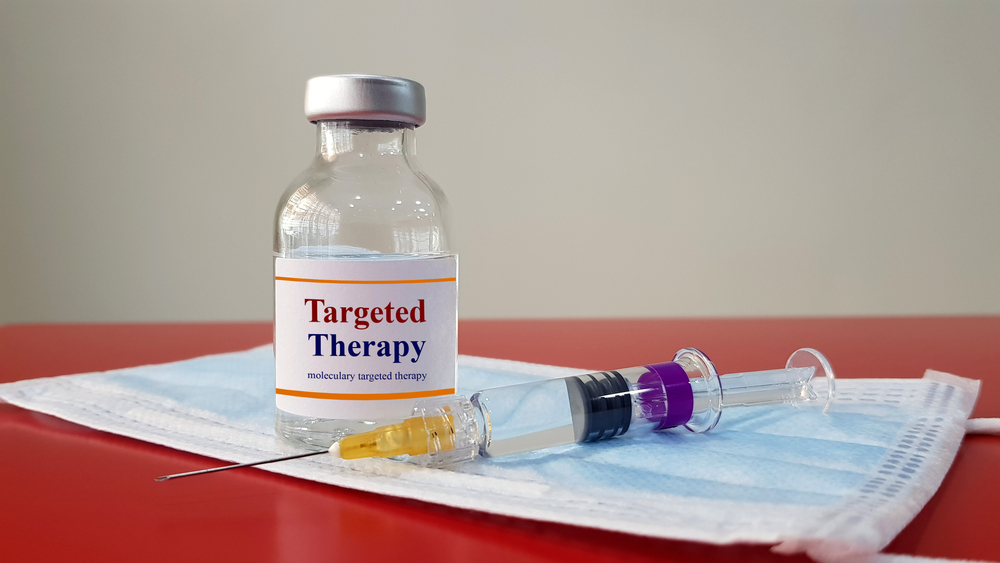Breast cancer continues to challenge the medical community, requiring a comprehensive approach that delves beyond pink ribbons and marathons. As we navigate through the landscape of breast cancer, let’s explore what we know, what we can do to prevent it and how to approach treatment with an integrative perspective.
What We Know
Cancer’s rise despite substantial research funding, is a pressing concern. It’s essential to distinguish between unavoidable and avoidable risk factors. Unavoidable risk factors like aging, genetic mutations, family history and dense breasts play a role. However, we can control avoidable factors such as physical inactivity, excessive alcohol consumption and excess fat. These factors fuel cancer formation, promote inflammation and elevate hormone levels, like insulin.
What We Can Do
Lifestyle
- Exercise: Strive for at least 150 minutes of moderate exercise per week. This can be achieved with a brisk walk or light resistance training for just 30 minutes a day, five days a week.
- Alcohol: Limit alcohol consumption to no more than one drink per day. If you’re undergoing treatment or recovery, it’s advisable to abstain.
- Nutrition: Avoid falling into diet fads; instead, focus on nourishing your body. Opt for organic and grass-fed options to reduce exposure to hormones. Remember, if you can’t pronounce an ingredient, it’s best to avoid it. Stay hydrated with LMNT electrolyte supplements.
- Stress Management: Combat stress by compartmentalizing your worries and incorporating practices like prayer and meditation into your daily routine.
Screening and Testing
- Mammograms: Starting at age 40 and continuing until age 74, regular mammograms are crucial for early detection.
- Breast Self-Exams: Women as young as 20-25 should begin performing regular breast self-exams. Understanding your body and noticing any changes in your breasts is empowering.
- Thermography: For those concerned about radiation exposure, thermography is a valuable tool. It detects changes in heat patterns in the breast, identifying inflammation, a precursor to cancer.
- Galleri Test: While not covered by insurance, the Galleri test is a blood test designed to search for evidence of cancer in the body, including breast cancer. Its ability to detect 50 types of cancer makes it a potentially valuable screening tool.
Treatment
- Personalized Treatment: The type and extent of cancer dictate the treatment approach. Early diagnosis significantly enhances the effectiveness of treatments such as hormone therapy, immunotherapy, chemotherapy and radiation.
- Low-Dose Chemotherapy: When indicated, lower doses of chemotherapy administered more frequently have proven to be more effective and better tolerated by patients.
- Integrative Approaches: Combining nutrition supplementation, stress reduction and integrative therapies with conventional treatments optimizes outcomes. It’s not a choice between natural and conventional; both can work together synergistically.
The Power of Mindset
Belief in your ability to conquer cancer is as vital as any treatment. Intentionally shaping your thoughts and words, along with leaning on a support network, can have a profound impact on your journey to recovery.
In the battle against breast cancer – knowledge, proactive lifestyle choices, and a resilient mindset form a powerful trio. By understanding the risks, taking preventive measures, seeking early detection and approaching treatment holistically, you empower yourself to face breast cancer with determination and hope. Together, we can strive for a future where breast cancer becomes a less formidable foe.
Wishing you the best on your journey! Stay connected with us by subscribing to our newsletter and following us on Facebook, Instagram or LinkedIn.
Thank you for being part of our community where we share a passion for aging gracefully and changing cancer culture. #Let’sNavigateCancerTogether

